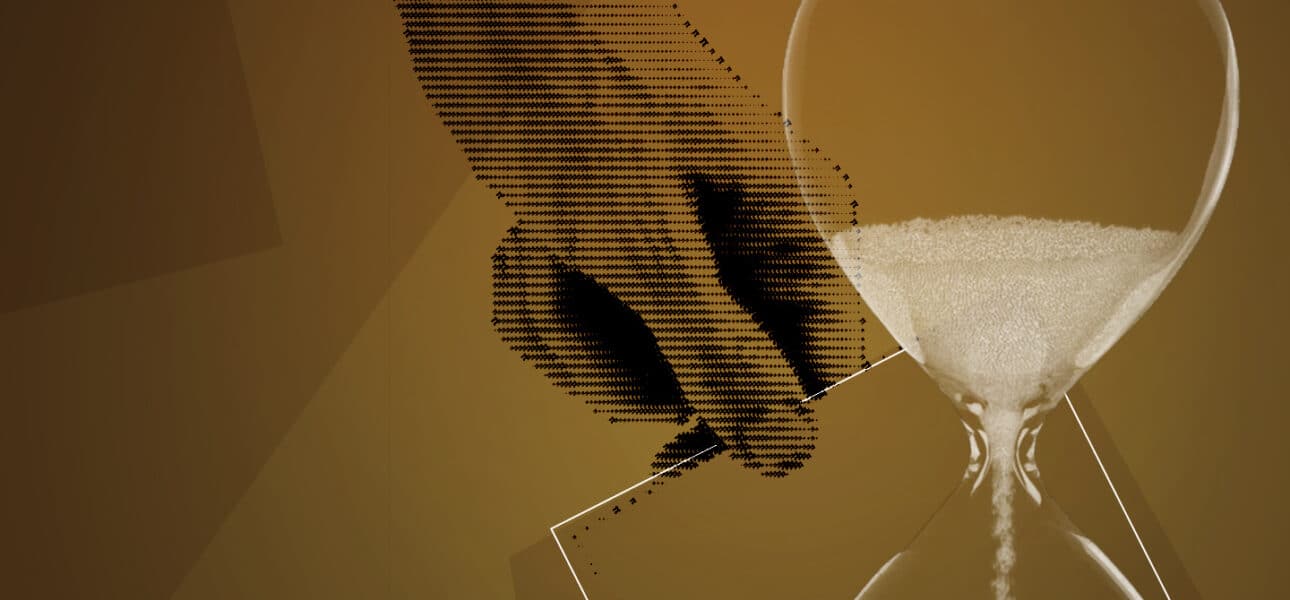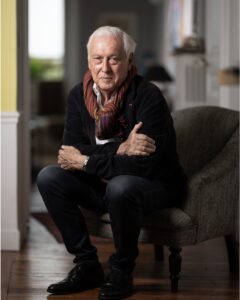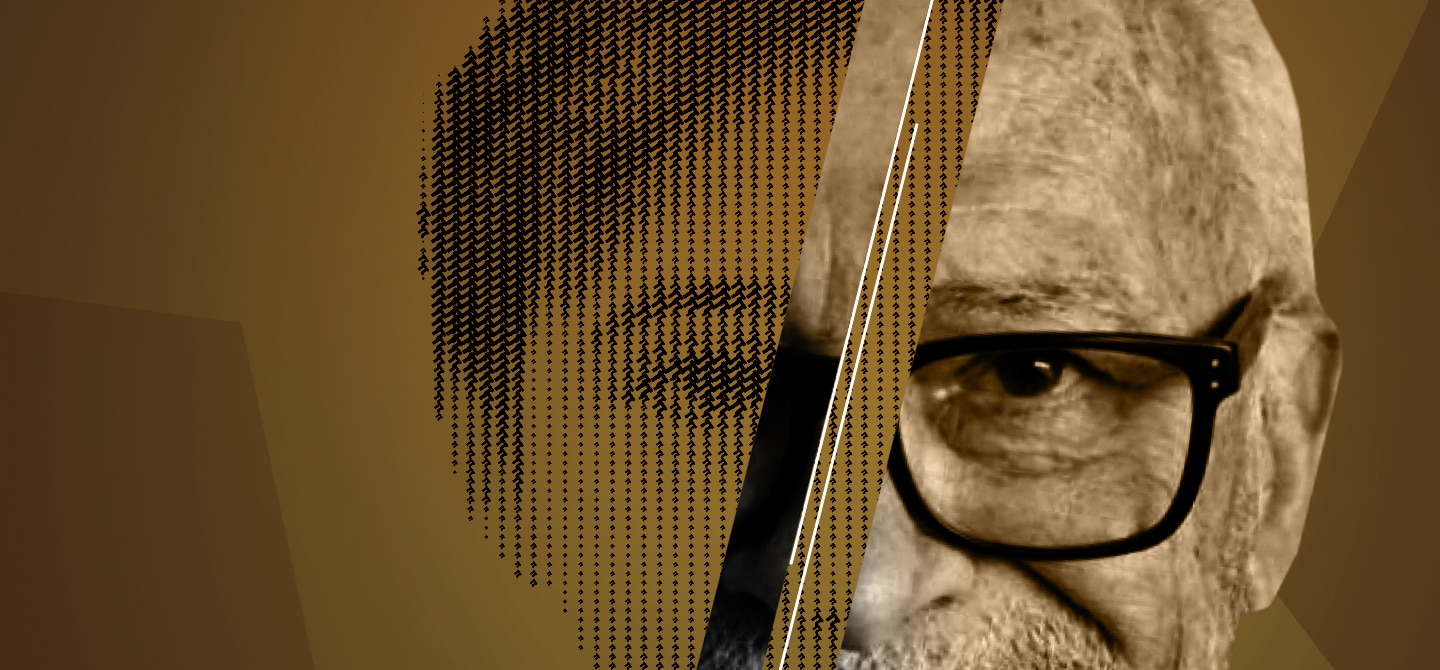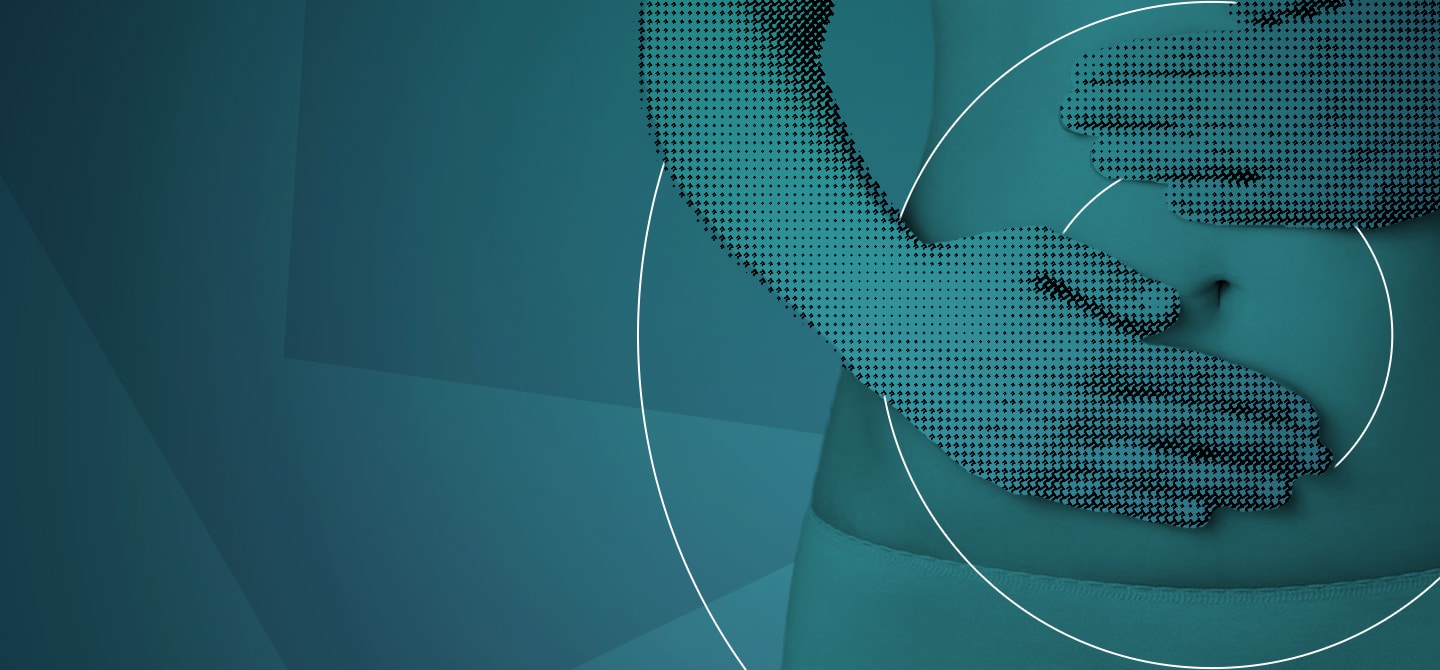With a bill on end-of-life issues due to be presented by September 21st what is the role of scientists?
On several crucial issues, French society has evolved enormously over the last 50 years. Attitudes and beliefs have changed, sometimes with the support of politicians, sometimes without. In the early 1980s, for example, politicians adopted a position that was very much in the minority when it came to abolishing the death penalty. So, I don’t know what the positions of government and parliament will be.
Does our death belong to us individually or to society as a whole?
As scientists, our primary task is to share what we know with citizens and politicians. We inform citizens by explaining the characteristics of palliative care, its use and effectiveness. We seek to answer the most difficult questions, the most difficult dilemmas, based on data, testimony, and expertise.
What is the role of the citizen in this type of debate?
By relying on participatory democracy, it is possible to resolve certain difficult situations that put a strain on our democracies. Listening to citizens is in no way opposed to elective democracy, on the contrary, it complements it: participatory democracy is an undeniable asset to elective democracy.
What is your vision of participatory democracy?
The ongoing debate on the end of life has made it possible, with the Citizens’ Convention and the many meetings organized by the French National Consultative Ethics Committee (CCNE) in the regions – more than 330 meetings and 45,000 participants – to inform and raise questions and problems, but also to initiate discussion in order to shed light on a number of complex issues even before they are enshrined in law.
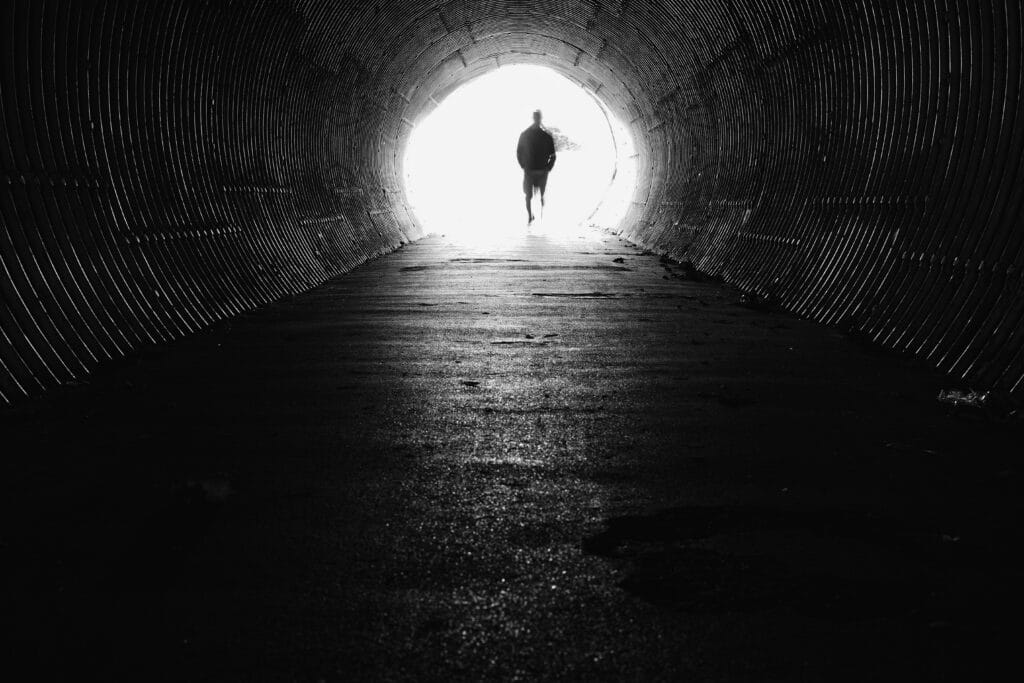
Incidentally, the text submitted to the French President by the Citizens’ Convention goes further than that of the CCNE. It’s an example of participatory democracy that we’re finding hard to implement in France, but which, paradoxically, we’re well ahead of. We consider it insufficiently developed but compared with the rest of Europe and the major democracies, we are in fact one of the most advanced countries in this respect. Whatever the major themes – and for my part I’m obviously more familiar with those relating to health – this dialogue between the world of experts on the one hand, and that of politicians and citizens on the other, is part of our democracies. It’s a precious asset that we must preserve.
The CCNE has published its report on the end of life. Why did you decide to tackle this subject yourself?
It was a question of social debate: should the law on the end of life in France be modified, or not? The CCNE’s opinion sheds important light on the upcoming political decision. On this subject, it’s not so much the scientist as the doctor speaking: it’s a subject that touches on the intimate, on humanity, and on which no one is really right or wrong, because it’s a matter for the citizen and society as a whole. I believe it’s vital to listen to what our fellow citizens think about such a complex subject, which confronts us all.
This is not a crisis situation, but one of tension between two major ethical principles: individual freedom and solidarity. Does our death belong to us individually, or to society as a whole? Today, this question of death has been entrusted to the medical profession, since around 80% of deaths occur in a medical environment. This was not the case 50 years ago in France, where death occurred at home much more often…
Don’t you ever want to have a greater say in the final decision?
You know, as I’ve said before, everyone must know their place: citizens express themselves and must be listened to, experts enlighten, and politicians decide. The experts should not play at politics. Of course, scientists know how to use certain techniques or molecules to enable everyone to reach the end of life, not in a more dignified way, but in a less painful one. This technical possibility comes up against societal obstacles that must be analysed and considered.
Experts should not play at politics.
In this context, the role of scientists is to shed as neutral a light as possible by providing precise information about palliative care in France, the use of deep and continuous sedation, or the medical situations in which patients might wish to receive assistance in dying. Political decision-makers will then decide. Opinions on this subject will always be diverse, and they will have to learn to live together, as certain tensions will never completely disappear.
Is this an ethical challenge for doctors?
It’s a very difficult question for them, yes. Some palliative care doctors say that their job is not to help people die, but to help them live. However, I take a more nuanced view on this subject. I believe that illness belongs to patients, not to doctors, and that our role is to accompany them, by listening to their wishes and needs.




